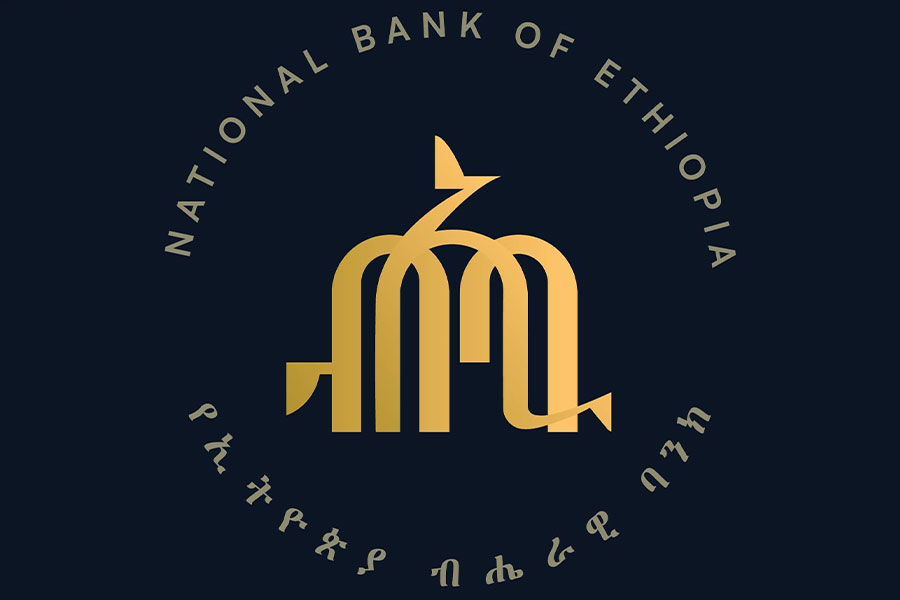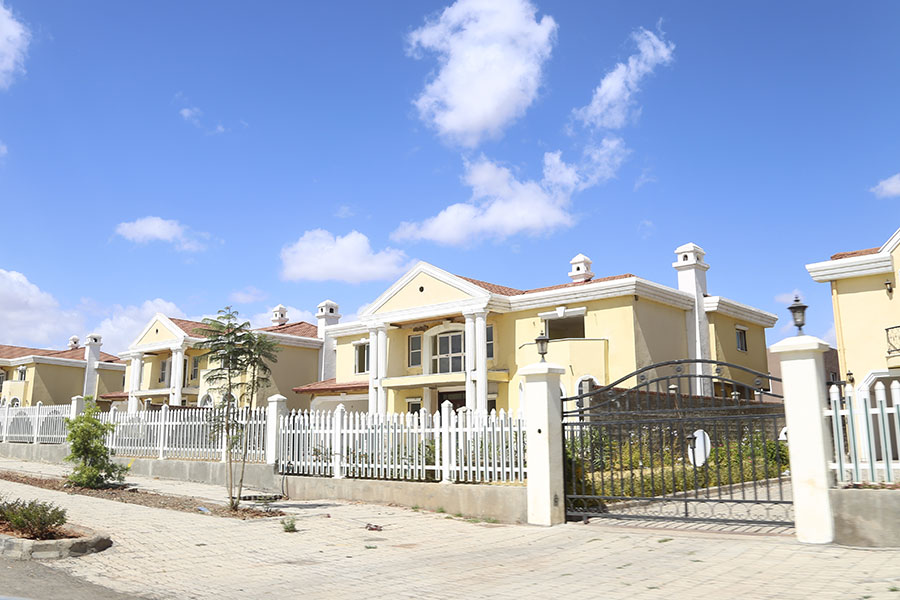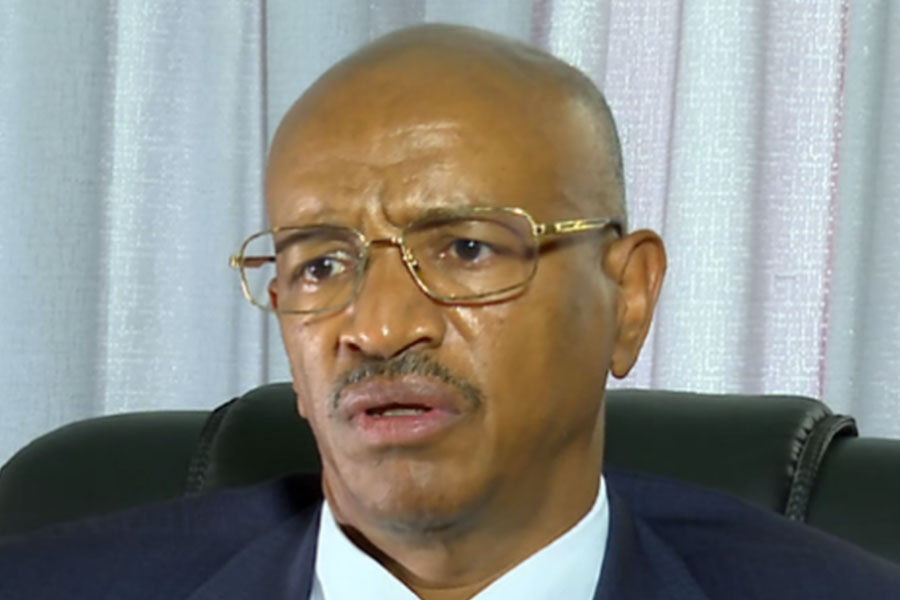
Feb 1 , 2019
By Hintsa Andebrhan
It is perhaps a debatable issue for some, but the sense of patriotism and societal ties that used to exist three decades ago were stronger than is the case today.
Some purport that we were more nationalistic than patriotic. Indeed, there were moments when it seemed like it. Loyalty to the country was almost religious. We lived in a country full of economic and political problems, but we were convinced that we had a common future, that everyone had a responsibility to contribute - including with our lives - for the success and continued existence of the country.
The state was not just the government, as many seem to believe today, but the people and the land as well. We depended on society to protect us from harm, educate us and cater to our basic needs. It seemed like one giant closely-knit family. This had to do with how society conducted itself rather than what the government tried to impart to citizens. Ethiopia was a much more impoverished country, but there were no grandly wealthy people either.
People had time back then and also multiple chances to make mistakes. The social infrastructure, which to a certain extent holds on even today, was much stronger. Most crucially, we were told to love and respect each other and work hard to achieve our dreams. We were a generation that automatically thought there was something fishy about short-cuts.
Education back then was not seen as a channel through which to get to riches. There is nothing specifically wrong about this, but it is one of the chief contributors today to a lack of passion and determination of the current generation in the workplace. Having a job and a degree was a highly respectable achievement, and for that person of action, a moral duty.
There was in effect a principle to live by, certain checkpoints the majority believed should be achieved. It gave us a sense of direction, unlike the current confusion, and we inherited from our families and communities the view that all such hope can be possible if the country was stable and well.
It is a different situation today. We find ourselves at a time when many expect something from their country but are unwilling to contribute. The state has become the government, which is often seen as a divisive, self-serving entity instead of one that exists for the benefit of everyone.
We can blame this on the political redrawing of the country in the 1990s, but that alone does not explain why there is a continued tendency to paint the state in a negative light. When finally a chance to deliver on an Ethiopia that can work for everyone has been presented, we seem to be digressing in directions that only serve our partisan agendas.
Most disappointing are the activists and parties that have been flooding the country and have been given a hero’s welcome. But they do not have any political programs and neither do they seem to care. They all have in their sights an all-or-nothing target, a tactic that always ends in tragedy, and comes at the expense of the well being of citizens.
It is unfortunate that we seem to be playing along and not renouncing those whose political capital is based on partisanship. Somewhere along the road, we have forgotten that it was the public that succeeded in realising the current political transition.
We own it, and thus cannot sit out the reform, and act like spoiled children unable to see the big picture. Our emotions should not get the better of us, and neither should we continue to blame some unforeseen force for the problems we are concocting.
This is a nation that can reach great heights if only it can bring all its components to work like a well-oiled machine. And whatever the political ideology of people, there must be recognition that we all have the responsibility to be patriotic enough to protect the only state that has the duty to protect us.
Hintsa Andebrhan is interested in politics and history. He can be reached at hintsa1974@gmail.com.
PUBLISHED ON
Feb 01,2019 [ VOL
19 , NO
979]


Life Matters | Jan 16,2021

Viewpoints | Dec 25,2021

View From Arada | Mar 30,2019

Fortune News | Apr 20,2019

Verbatim | Mar 16,2024

Radar | Sep 14,2024

Sunday with Eden | Nov 07,2020

Sunday with Eden | Sep 06,2020

Viewpoints | Jul 26,2025

Viewpoints | Aug 09,2025

Photo Gallery | 180800 Views | May 06,2019

Photo Gallery | 170993 Views | Apr 26,2019

Photo Gallery | 162104 Views | Oct 06,2021

My Opinion | 137327 Views | Aug 14,2021

Dec 22 , 2024 . By TIZITA SHEWAFERAW
Charged with transforming colossal state-owned enterprises into modern and competitiv...

Aug 18 , 2024 . By AKSAH ITALO
Although predictable Yonas Zerihun's job in the ride-hailing service is not immune to...

Jul 28 , 2024 . By TIZITA SHEWAFERAW
Unhabitual, perhaps too many, Samuel Gebreyohannes, 38, used to occasionally enjoy a couple of beers at breakfast. However, he recently swit...

Jul 13 , 2024 . By AKSAH ITALO
Investors who rely on tractors, trucks, and field vehicles for commuting, transporting commodities, and f...

Nov 1 , 2025
The National Bank of Ethiopia (NBE) issued a statement two weeks ago that appeared to...

Oct 25 , 2025
The regulatory machinery is on overdrive. In only two years, no fewer than 35 new pro...

Oct 18 , 2025
The political establishment, notably the ruling party and its top brass, has become p...

Oct 11 , 2025
Ladislas Farago, a roving Associated Press (AP) correspondent, arrived in Ethiopia in...

Nov 2 , 2025
The National Bank of Ethiopia (NBE) has scrapped the credit-growth ceiling that had s...

Nov 2 , 2025 . By SURAFEL MULUGETA
The burgeoning data mining industry is struggling with mounting concerns following th...

Nov 2 , 2025 . By YITBAREK GETACHEW
Berhan Bank has chosen a different route in its pursuit of a new headquarters, opting for a transitional building instea...

Nov 2 , 2025 . By BEZAWIT HULUAGER
Nib International Bank S.C. has found itself at the epicentre of a severe governance...